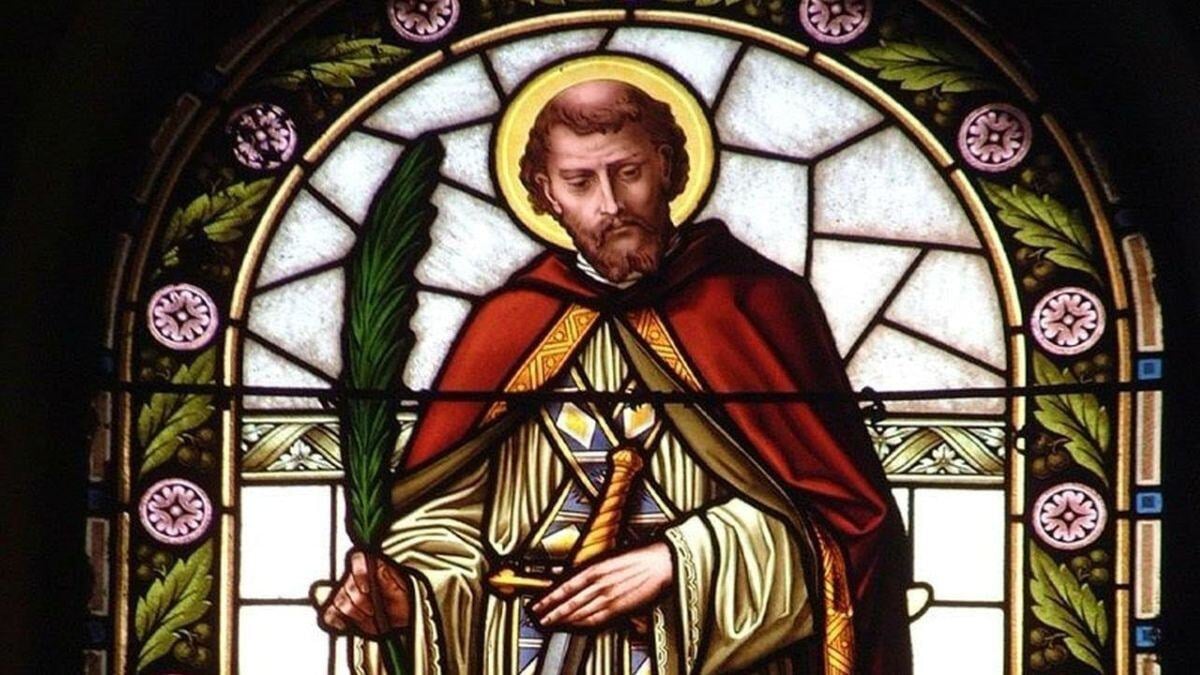Christian Hope in Post-Postmodern Despair
Authors: John Stonestreet and Dr. Timothy Padgett

Author: John Stonestreet
One of the ideas taken for granted in the West is the idea of human dignity. It hasn’t always been the case that people were seen as valuable based on who they are. We often hear that democracy came from the Greeks. But that wasn’t democracy for all; it was for some. It was for the wealthy. It was for the men. It was not for the ethnic minorities. It was not for the women.
So, where did the idea of universal human dignity come from? The atheists (two prominent ones in particular) have a surprising answer to this question. They say it comes from Christianity.
Friedrich Nietzsche, the guy famous for saying “God is dead,” acknowledged that human dignity was born of a Christian ideal—but a bad ideal at that, he thought. Christianity was a sign and show of weakness to acknowledge that everyone, including the disabled, the elderly, or the infirm, somehow possessed the same dignity as the rest of us.
Another is the French philosopher Luc Ferry. In his book, A Brief History of Thought, Ferry notes Christianity as being the worldview that broke from the Greek idea of equality (for some), thus ushering in modern democracy. While the Greeks defined human worth by endowments and potential, Christianity believed all human value was identical, no matter the characteristics. He also observed that societies with deep roots in Christianity had the best track record of building democracies.
As Ferry put it, Christians knew something intrinsic that other worldviews ignored—that humans are made in the image and likeness of God.
Think about our own founding documents in the United States: “We hold these truths to be self-evident, that all men are created equal.” But what definition of “equal” does this refer to? The next time you’re in a crowded room, look around and see just how self-evident it is that all are equal. It won’t be self-evident at all! Human beings don’t share the exact same characteristics on the outside. Therefore, equality has got to be something that we all share on the inside. And the only religion, the only worldview that grounds human dignity—and has throughout history—as it applies to all people, is the notion that humans are made in the image and likeness of God.
Now, don’t get me wrong, this is an ideal. In the American project, it wasn’t a realized ideal. There were plenty being left out of the category of equality and human dignity because of bias, discrimination, and values that were imported from other religions and other worldviews other than Christianity.
And yet, it is the influence of the idea of equality that was central to the core of Western civilization. But the great civilizations of the world are no more. What makes us assume the Western world will have a different fate? As my friend Os Guiness says in our new film, Truth Rising, we are a cut flower civilization. We’ve been cut off from those ideals and truths that animated the Western world, that brought it to life and led it to flourish.
Chief among them is the understanding of what it means to be human. Our value is no longer intrinsic to who we are and is instead based on any quality or characteristics we have—or as it has been defined in recent decades, our ability to choose our own destiny, particularly when it comes to sexuality.
Civilizations, when they’re cut off from those ideals and those forces, will eventually fade, wither, and die like flowers that are cut off from their roots. Os Guinness says civilizations in that state have three paths.
The first is revival—a reattachment and a recommitment to those ideals, and life will flow through that civilization once again. Another is revolution, where a completely different set of ideals, and not all of them good, will then take over and drive the civilization forward. But the most common destiny of cut flower civilizations is they simply decline.
What is the future of the Western world? It’s impossible to say. I have no idea whether this will be a Wilberforce moment, who saw the fruits of his obedience to God before his death, or a Bonhoeffer moment, who did not. Both were called by God to particular moments in time. They were called to a life of influence and truth telling. And regardless of the success of their various efforts, they were still called to that moment as agents of restoration and renewal.
And so are we. The question we must answer is how should we now live in this time and in this place? That’s what the new film Truth Rising is about. Truth Rising is a new documentary and partnership between the Colson Center and Focus on the Family, featuring the one and only Os Guinness talking about the civilizational moment that we are in and what that means for people of faith.
It tells the story of Western culture and highlights that with five stories of remarkable courage. These are people willing today to tell the truth, despite great opposition and consequence to them, and how God has used their stories of courage to inspire so many others.
The global streaming premiere of Truth Rising is Friday, September 5. To learn more about how to watch the film, or if you’re a pastor, how to host a watch party in your church, go to truthrising.com.

Authors: John Stonestreet and Dr. Timothy Padgett

Authors: John Stonestreet